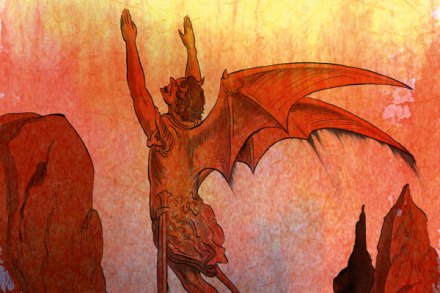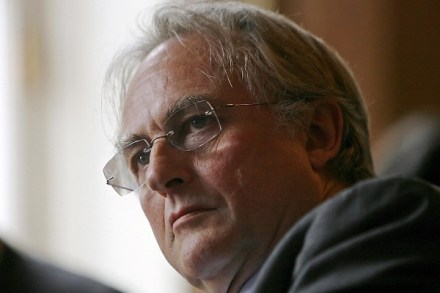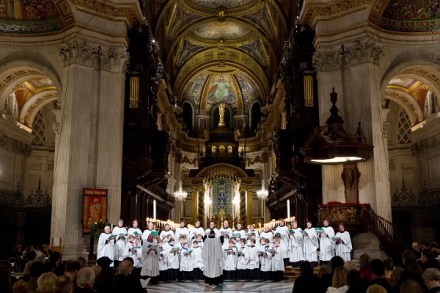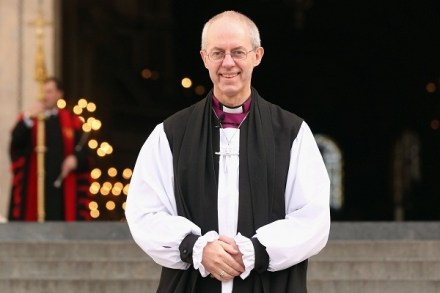Live from Golgotha
A rather charming and typically self-deprecating Easter sermon from Archbishop Justin at Canterbury Cathedral; I’m beginning to like him. His subject was the inevitability of disillusion with things like governments and councils and ‘regulatory bodies’ and indeed Archbishops of Canterbury who are all bound, in the end, to be fucking useless (although this was not how he put it). I was seated in one of the pleb pews and rather hoped he might have taken a leaf out of that Argentine left-footer’s book and wandered over and washed my feet. They’ve become unaccountably scaly of late and for some reason now resemble the claws of a Galapagos tortoise; a bit















